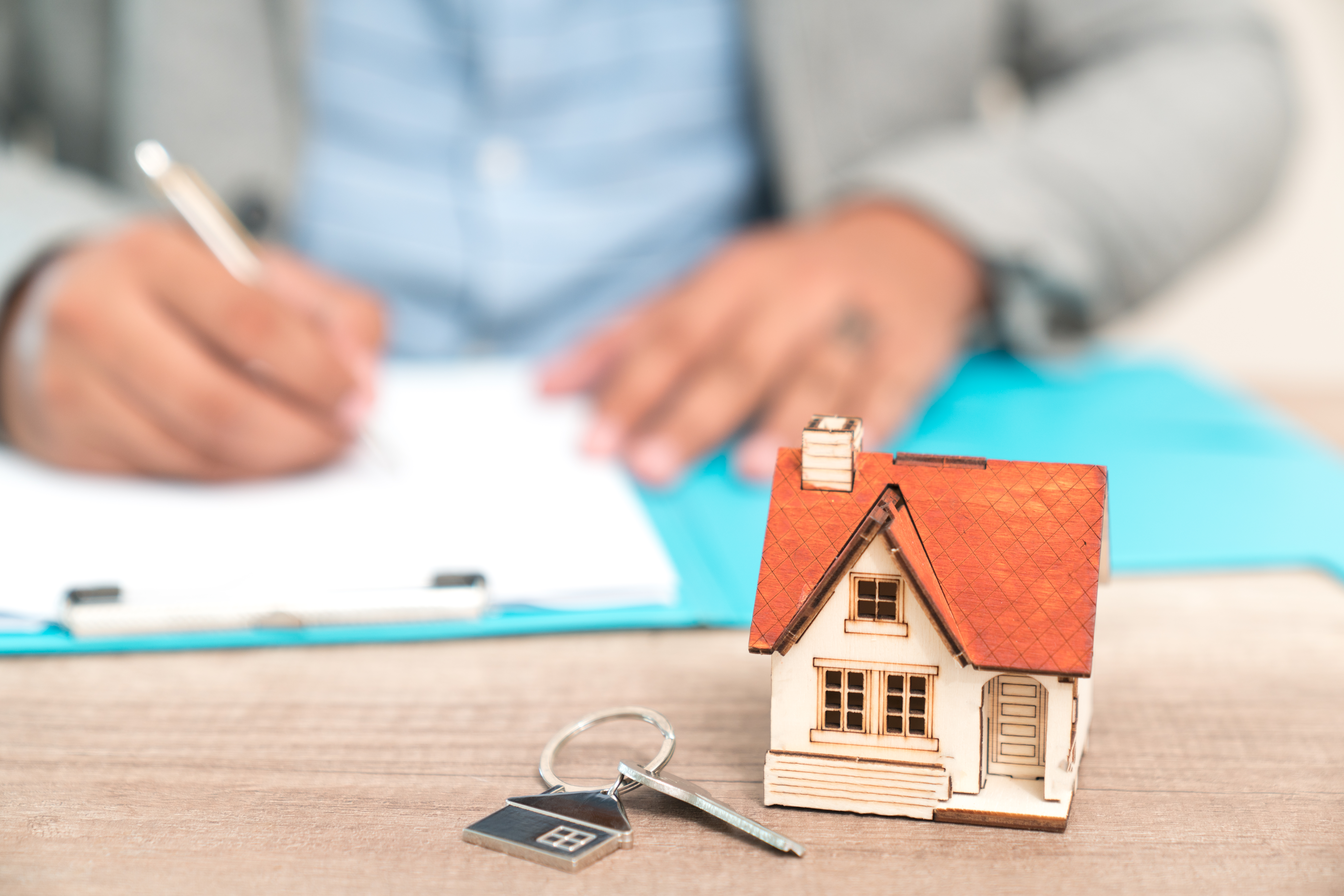Tenancy agreements and other rental documents: a checklist for private renters
Tenancy agreements, inventories, deposit and insurance documents... If you rent, here’s what you need to know about what to sign and when

Get small space home decor ideas, celeb inspiration, DIY tips and more, straight to your inbox!
You are now subscribed
Your newsletter sign-up was successful
Tenancy agreements, inventories, deposit-related paperwork...When you're renting a flat or a house, there is a raft of documents and paperwork that you will need to sign and possibly retain. Here's all you need to know about the documents you need to have in place when you're renting.
Read on, then jump to our beginner's guide to renting to find out what else you might need to know.
Get your ID and bank details ready
The landlord or letting agent will want to check that you are who you say you are and are a trustworthy tenant who can afford the rent.
You’ll need to show photo ID – either a passport or driving licence – plus, if you’re not a UK, Irish or EU citizen, relevant immigration documents proving that you have the right to be in the country and rent a property here. You may also be asked for a copy of your employment contract, a reference or a letter from your employer confirming that you work there and recent bank statements as evidence of your income.
Many landlords run credit checks to find out if you’ve had financial problems in the past, and need your written permission to do so.
Find out more about how to be a good tenant in our guide.
Sign the tenancy agreement
You’ll have to sign two copies of the tenancy agreement or contract: one for you and the other for the landlord. Don’t feel pressured into signing before you’ve read it through carefully and completely understand both parties’ rights and responsibilities. If anything’s unclear or seems unfair, now’s the time to point it out, and you can get advice from Shelter or Citizens Advice. With the many recent changes made to renting in the UK, notably the extended notice periods landlords must give tenants, make sure that the tenancy agreement the landlord is using is up to date. If it isn't, don't hesitate to ask that they use a different, up-to-date one.
Get small space home decor ideas, celeb inspiration, DIY tips and more, straight to your inbox!
Find out what to ask your landlord before you move in so that there are no misunderstandings after the fact.
Pay the Deposit
A deposit – of no more than five weeks' rent on properties where rent is under £50,000 a year, and six weeks when it's over that – acts as insurance in case a tenant damages the property or does a runner. The money must be lodged in a government-backed tenancy deposit scheme and returned to you when you move out. Ask for a receipt once it’s paid.
Checking the Inventory
Ideally, you should be present when the landlord or letting agent compiles the inventory, which lists everything in the property including fixtures, fittings, flooring, furniture and kitchen equipment, together with a note of each item’s condition. If not, go through it carefully and if anything is damaged or missing, inform the landlord or agent in writing and only agree and sign once you’re happy with it. As a precaution, when you move in take photos of any existing stains or damage to avoid being held responsible for them later on. Likewise, make a note if the landlord removes anything from the property while you’re living there.
Find out what to ask the letting agent about the property you're renting before you move in.
Sort contents' Insurance
The landlord’s insurance policy won’t include your personal possessions, so you must take out your own contents' cover. List everything, work out the approximate cost of replacing them, and shop around for a suitable policy. Some companies insist on minimum security measures such as specifying the type of door lock, which may require negotiation with the landlord.
Find out about home insurance in our guide and check out these sensible home security measures.
Take Contact details
By law, a landlord has to provide a name and address. Make sure these are correct, and that you have a phone number to call in case of an emergency. Information the landlord or agent must give you at the start of the tenancy includes:
- Details of the tenancy deposit protection scheme your deposit is lodged with, including the amount paid, a leaflet explaining the rules, how to get your money back at the end and what to do if there’s a dispute;
- This info has to be provided in writing within 30 days after the deposit’s paid;
- A copy of the government’s How to Rent guide, in writing or emailed as a pdf;
- A gas safety certificate covering all gas appliances. This needs to be renewed annually;
- An Energy Performance Certificate (EPC). New tenancies require a minimum band E rating;
- A record of any electrical inspections;
- Evidence that smoke and any carbon monoxide alarms are working.